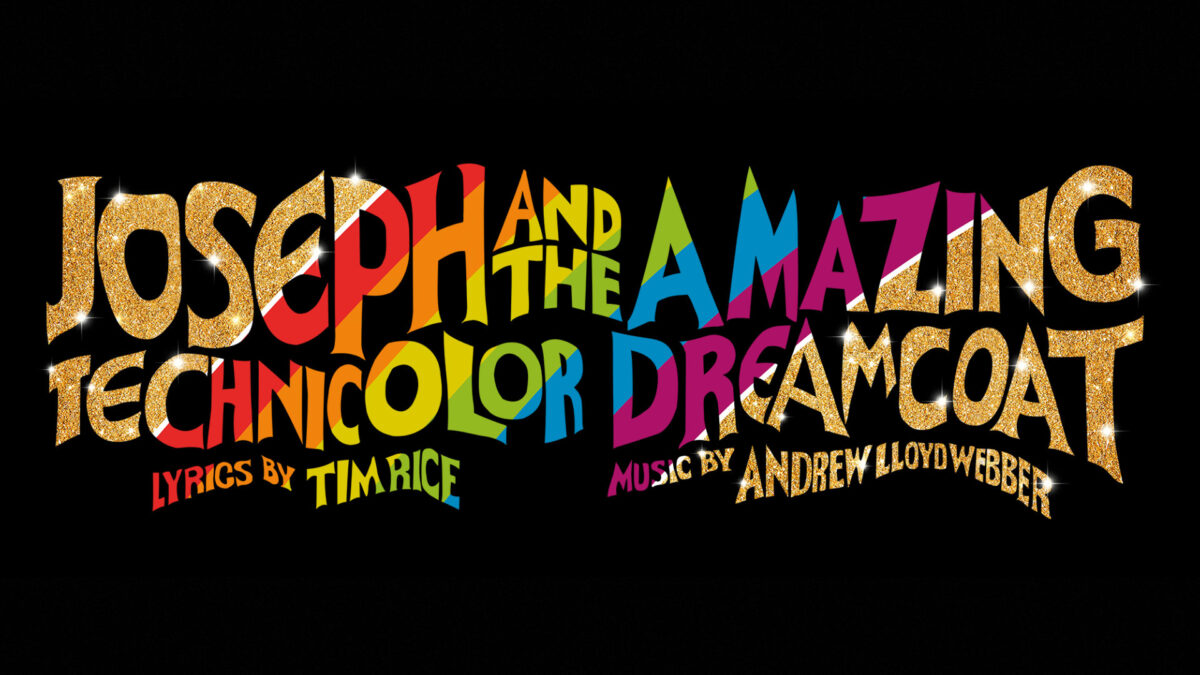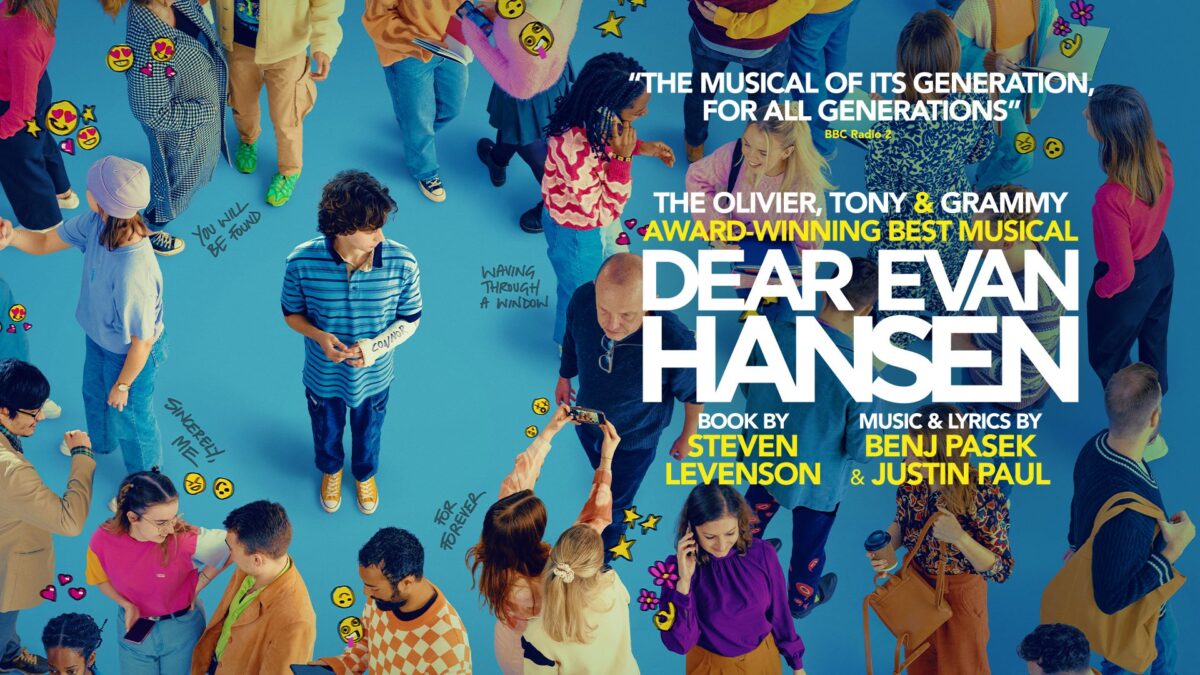Cast announced for world premiere of Zodwa Nyoni’s The Darkest Part of the Night at Kiln Theatre
Casting has been announced for Zodwa Nyoni’s The Darkest Part of the Night at Kiln Theatre
Directed by Nancy Medina, the world premiere production opens on 21 July 2022 (with previews from 14 July) and runs until 13 August 2022.
Making up the cast are Brianna Douglas, Andrew French, James Clyde, Hannah Morrish, Lee Phillips and Nadia Williams.
The creative team is made up of designer Jean Chan, lighting designer Guy Hoare, sound designer Elena Pena, casting director Briony Barnett CDG, movement director Ingrid Mackinnon and production dramatherapist Samantha Adams.
As Shirley and Dwight bury their mother, they remember their upbringing in 1980s Chapeltown, Leeds differently. In the height of racial discrimination, police brutality and poverty, the struggle for survival ripped through their family.
Dwight was discovering what it meant to be a young black boy with autism in a world determined never to understand him. Shirley was desperately trying to forge her own independence away from unfair expectations at school and home.
Now as adults, they need to bring together the fractured pieces of their past to move forward together.
Nancy Medina directs Zodwa Nyoni’s gripping and heartfelt drama that explores the complexities and beauty of what it really means to care for one another.
For more information and tickets, visit kilntheatre.com
Zodwa Nyoni said: “When we were growing up, my siblings and I didn’t know that we were child carers. We had a sister with learning disabilities and we showed up in our routines, gave love and did our best everyday.
“As I got older, I began to unpack what it meant to care and be a carer. I thought about my sister’s experiences within our family and whether she’d felt seen and heard. I thought about the difficult interactions we’d had with public services from education, health care, policing and social services; and how they’d impacted on us. I thought about what happens to the things that go unsaid, but are still felt decades later.
“Our experiences are intersectional. I can’t speak about disability without mentioning race, class, ethnicity, culture, gender, religion and so on. Meeting with other Black and Asian families, I found shared worries and hopes for the future.
“The play spans generations from the 1980s to present day because I wanted to examine what each family member understands of love from childhood to adulthood. To see how community, in this play Chapeltown (Leeds) shapes a family; and that marginalisation appears in new guises in ever-changing societies.”
More on: Kiln Theatre Musical Theatre News












